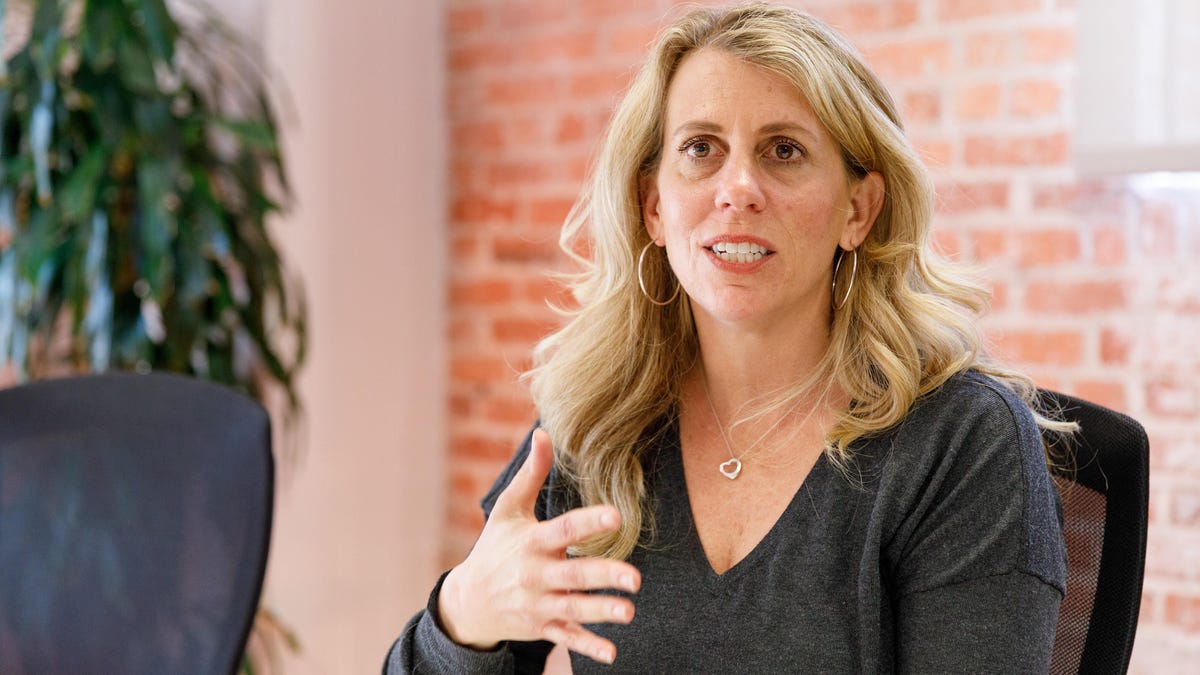Mozilla stops advertising on Facebook, citing data privacy
The Firefox maker said it would consider returning if Facebook strengthens its privacy settings.

Mozilla Chief Operating Officer Denelle Dixon.
Mozilla, the nonprofit developer behind the popular Firefox browser, will no longer advertise on Facebook.
"Mozilla is pressing pause on our Facebook advertising," Chief Operating Officer Denelle Dixon wrote in a blog post on Wednesday. She explained that in examining the social network's policies following the Cambridge Analytica scandal, "we found that its current default settings leave access open to a lot of data -- particularly with respect to settings for third-party apps."
The developer also established a petition to ask the social network to improve its privacy settings. It pointed out that Facebook's current default permissions "leave billions of users vulnerable without knowing it" by giving third parties significant access to data about Facebook users' work, education, current city and posts to their timelines.
Mozilla's moves come after revelations about how Cambridge Analytica was able to siphon data about millions of us on Facebook then feed that profile information into US and UK political campaigns. So far the scandal has triggered multiple government investigations, the suspension of Cambridge Analytica CEO Alexander Nix, calls for Facebook CEO Mark Zuckerberg to testify before Congress and a viral push to delete Facebook.
Zuckerberg broke his silence on the scandal on Wednesday, admitting that his company had made mistakes.
"We are encouraged that Mark Zuckerberg has promised to improve the privacy settings and make them more protective," said Dixon. "When Facebook takes stronger action in how it shares customer data, specifically strengthening its default privacy settings for third party apps, we'll consider returning."
Facebook didn't respond immediately to a request for comment.

